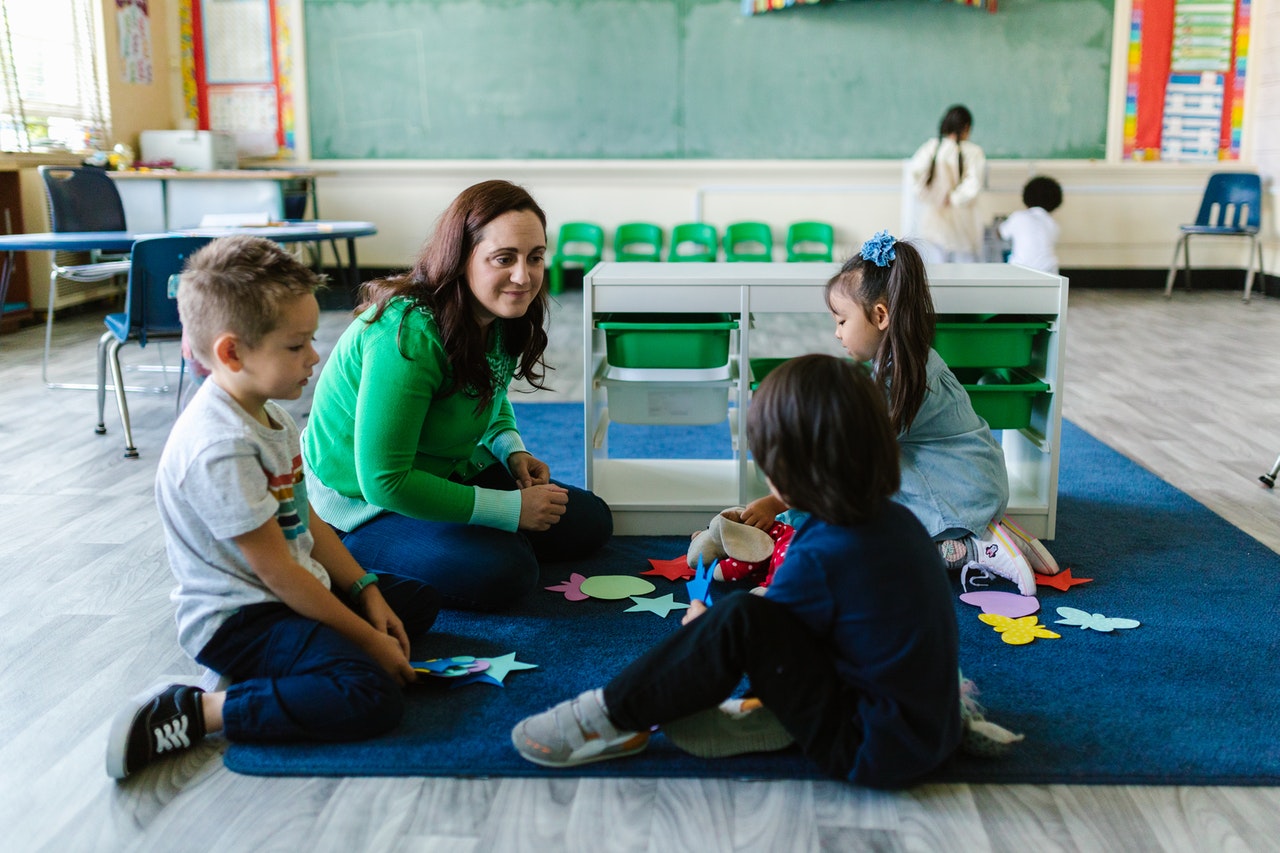An important part of any education is that a parent (or parents) are there to reinforce what is learned and to help children navigate their schooling as best as possible.
A good education is comprised of an involved school and an involved parent. Nothing less will work.
However, there are elements of your child’s education that are not, strictly speaking, taught in the classroom.
To help them succeed, academically and beyond, here are a few areas where you might need a little extra focus.
Communicating
One of the skills you should be teaching at the earliest age is to help children give voice to their thoughts.
Teaching them how to speak their mind is going to be vital because a lot of children enter the school environment without any real idea of how to answer even basic questions.
Because they are not used to recalling information and getting their thoughts of their own head in a more conscious way.
Even doing things as simple as asking more questions at home (with the most basic types first) is going to make them more confident about speaking up in class.
Socialising
Of course, the way your children deal with people is going to go more than one way.
There are a host of social skills for kids that they are going to need to navigate school and the rest of life.
The majority of the most important ones are going to rely on learning how to sacrifice resources, such as sharing with their friends and giving up time and attention to listen, as well as to speak.
Collaboration and cooperation are vital in school, but also for helping them develop strong bonds and a healthy social life.
Financial skills
From the less abstract to the much more concrete. Some of these skills are beginning to get taught a little broadly in school, but not at the kind of level that is going to affect your child’s life practically.
From when they become teenagers, you should look at financial lessons for kids and ways to help them practically learn them.
This can include teaching them how to save for a purchase that they want, as well as lending them money for a purchase and teaching them how to pay it back.
Negotiation
Your children are going to discover that their interests aren’t the only ones that they have to navigate.
However, this is often not taught inside the classroom, where the rule is to listen to teacher and that’s the end of the discussion.
However, navigation becomes a lot more important both when they’re with their peers and when they enter the world of work.
Teaching them negotiation strategies when they start to enter their teenage years can be vital for helping them make sure that they are not taken advantage of.
This is becoming more important in a world where high-paying jobs are becoming harder to find and have to be fought for.
Balance
Focus has to be maintained on one’s studies to make sure that one can succeed academically, which then leads to the widest range of choices when it comes to career.
However, if anything, the skill that children are lacking is not focus and discipline, but the ability to balance their academic life with their other needs.
Children and adults all need to learn balance. However, most often this needs to be taught by a parent recognising when they have to pull their own foot off the throttle and relax their expectations.
Organisation
A big part of balance is to make sure that children are able to organise well.
This can include organising their time to make sure that they have enough to get their homework done, but also have the opportunity to socialise, play, relax, and invest effort into other interests, such as hobbies or extracurricular activities.
An organised approach to schoolwork and life is going to make it more manageable as well.
This habit can start early, with teaching your child to organise their bedroom, for instance, or helping them separate their day into blocks of time that they can plan with.
It is important for you, as a parent, to invest in your child’s skills beyond what they are taught in school.
A well-rounded life goes beyond their grades, for one, but without the proper skills such as communication and socialisation.
You might find that even getting through school can be more difficult for them.
The examples above are not comprehensive, but they are some of the most vital ones.


